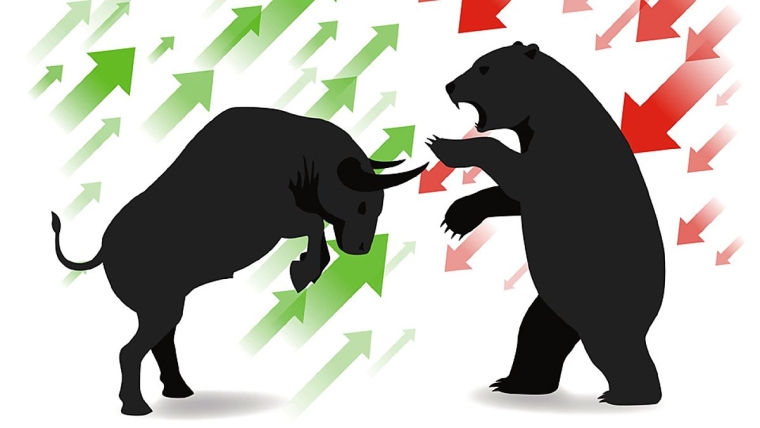
Let's get our terms right.
Financial markets are suddenly more volatile. We seem to be facing some rather large changes in international markets, and in local markets too.
There are questions about where New Zealand property markets are headed.
Descriptions of what is happening are needed, but loose terminology will only make things confusing.
It is easy to use extreme terms for changes that are modest. Partisan politics in the US and Eastern Europe are places where the silly use of inaccurate terms are fuelling unnecessary fears.
So here is what we should use when we describe changes in economic and market levels.
A pullback
A pullback is when a price or index retreats -5% to -9.99% from a peak. They are often viewed as healthy and as buying opportunities.
A correction
A correction is where a market price falls by at least -10% from its 52 week high.
For example, between September 21 and October 29 the S&P500 fell -10%, the largest fall in the past year. That is a correction. But it since recovered and is now down just -7.0% so it is no longer in 'correction' territory; it's now a 'pullback".
A bear market
A bear phase is when a market is down -20%.
For example, the Shanghai stock exchange index, which is now at 2676 is -24.7% lower than its 52 week high of 3558. That is a market firmly in a bear market.
A crash
A crash is when a market falls -10% in one day. It is not a longer running decline. A crash is an acute event, not a chronic one.
A slump
Slump is an informal term for a sharp decline in business activity, trade or market values. Slump is a very flexible term in that is used to describe both a short, sharp decline as well as a more gradual, prolonged period of low activity or value. Basically, it not a technical term at all.
A dead cat bounce
Also not a technical term is a dead cat bounce which refers to a short-term recovery in a declining trend. It derives from an old saying: even a dead cat will bounce if it is dropped from high enough.
A bull market
This is the opposite of a bear market, when prices or values rise for than +20% above their 52 week low.
3 Comments
An astonishing $8 TRILLION is said to have been wiped off the value of equities worldwide in October according to Bloomberg
It seems the Fed "rebalancing " is the culprit, and Donald Trump has become the "usual suspect " for everything including the droughts in Africa and hurricanes that have hammered the US of late .
He is surely to blame for the knock-on effects of the so called Trade War
But is this correct ?
Firstly , US stocks have also taken a beating , albeit not to the extent of emerging markets .
The Fed rates have not moved that much so far , and the losses on the Chinese and Hang Seng have fallen by 20% YTD .
These corrections seem to be wholly disproportionate to the Fed moves , so there is something else at play in my view
Is this just a correction or the start of a stock market rout ?
Either way , its going to be a bumpy 2019 for investors
Volatility is a fund manager's euphemism for a falling stock market.
Corruption/ evolution of " Volare" to fly
Those definitions are not technical, they're completely arbitrary and really do nothing but subtract from real analysis.
The first problem evident in all of them, is that you don't know what you're actually experiencing until afterwards. Every bear market begins life as a pullback, by definition. Conversely, every bull market begins as a dead cat bounce.
Completely pointless article.

We welcome your comments below. If you are not already registered, please register to comment
Remember we welcome robust, respectful and insightful debate. We don't welcome abusive or defamatory comments and will de-register those repeatedly making such comments. Our current comment policy is here.